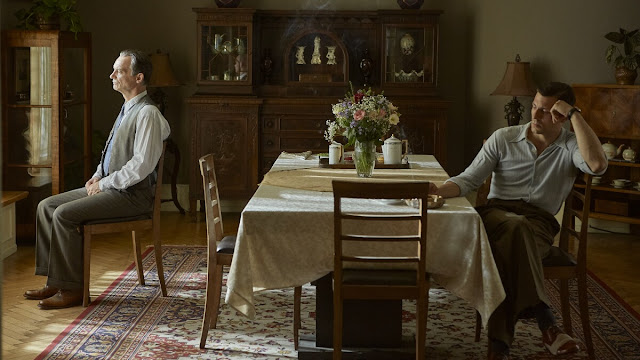 |
| Bboyizm dancers in Crazy Smooth’s In My Body. (Photo: Jerrick Collantes) |
Hip hop is a ruthlessly athletic dance form that pushes the body to the limits. The acrobatic moves, requiring immense stores of physical prowess and stamina, are so demanding that break dancing is set to become an Olympic sport when the games resume in Paris in 2024. The fast footwork, head spins, aerial flips and floor drops take a toll. Not for nothing are break dancers called b-boys and b-girls, names connoting the youthful vigour needed to pull it off. Crazy Smooth, aka Yvon Soglo, knows.
The Benin-born, Gatineau-based break dancer has been involved in hip hop culture since 1997, going on to form Bboyizm, an award-winning street-dance company that has been instrumental in the preservation and proliferation of street dance in Canada since its founding in 2004. Today, at age 41, he’s still a b-boy, but a b-boy with knee problems and a middle-age crisis on his hands. How to keep dancing when the spirit is willing but the body is getting weaker with each advancing year? It’s a question that drives In My Body, a thrilling interactive street dance work whose Toronto premiere took place at the Bluma Appel Theatre, inside the St. Lawrence Centre for the Arts, on March 17.



